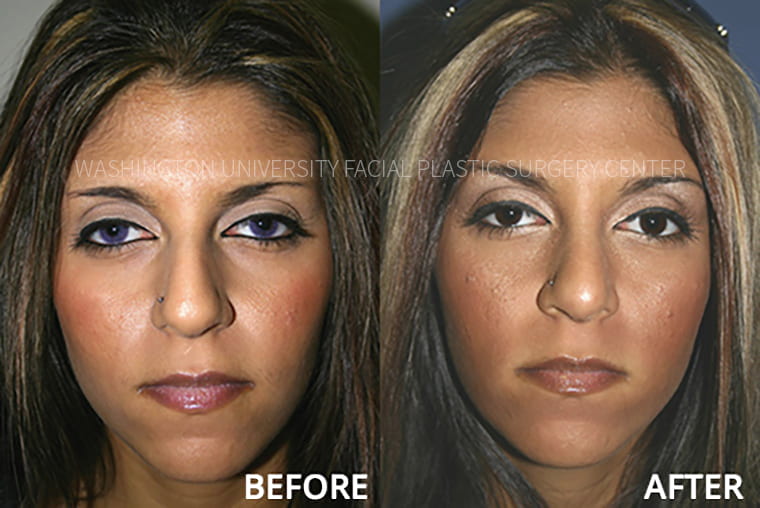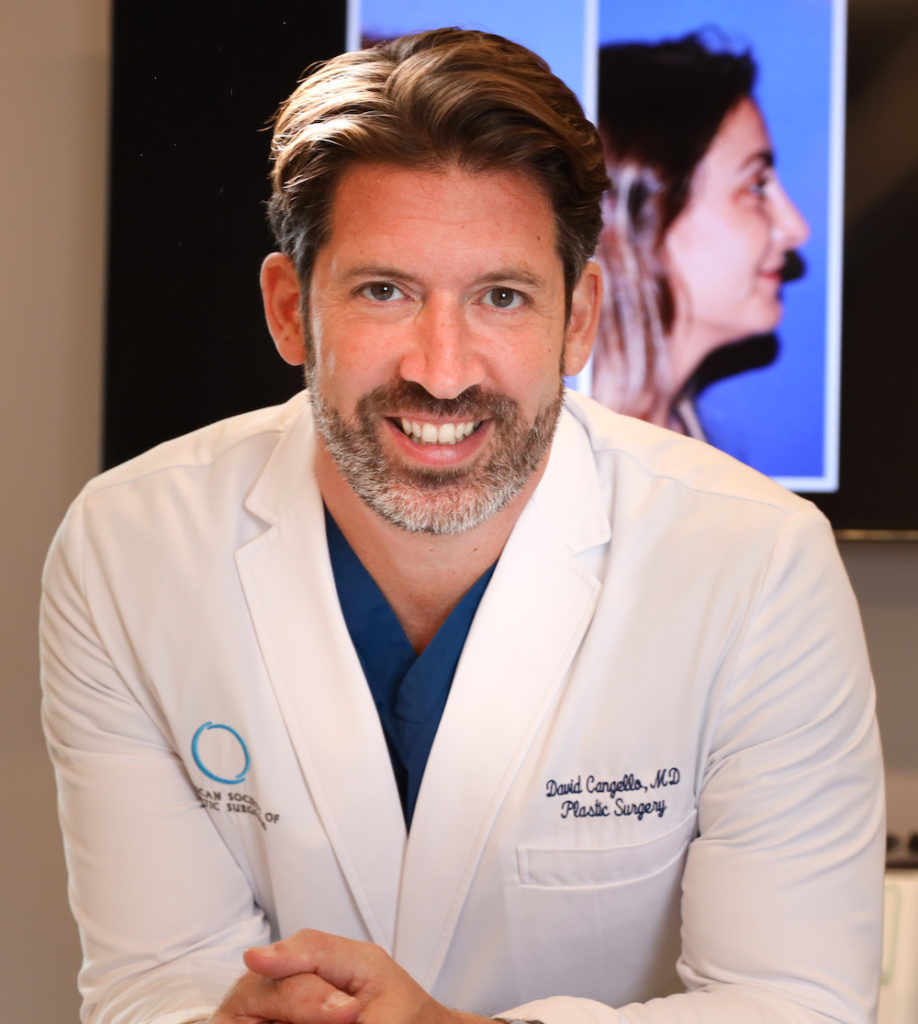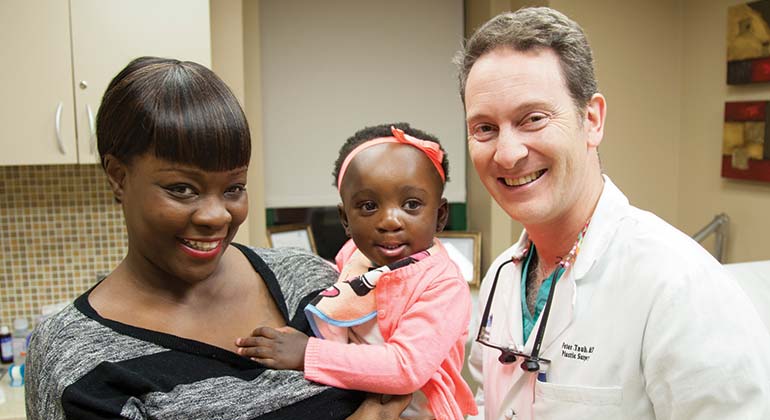Investigating the Psychological and Social Elements That Drive Individuals to Think About Plastic Surgery as a way of Enhancement
The decision to seek cosmetic surgical treatment typically extends beyond plain aesthetics, linking with emotional and social dynamics that warrant thorough examination. Variables such as self-confidence, pervasive social charm standards, and the pervasive impact of social media converge to shape individual motivations for surgical improvement.
The Duty of Self-Esteem
Self-worth dramatically influences a person's decision to pursue cosmetic surgery. People with reduced self-confidence typically regard themselves in an unfavorable light, leading to feelings of inadequacy regarding their physical appearance.

Ultimately, the duty of self-worth in the decision-making procedure pertaining to plastic surgery highlights the complicated interplay between body picture, individual contentment, and psychological health. Recognizing this partnership is crucial for health care specialists to ensure that patients are making educated choices rooted in practical expectations and psychological well-being.
Societal Beauty Requirements
Influenced by prevalent media representations and social narratives, social charm standards play a crucial function fit individuals' understandings of their own bodies. These criteria are usually defined by an idealized kind of beauty that emphasizes attributes such as slimness, youthfulness, and balance. As these ideals are continued via numerous networks, including film, tv, and advertising and marketing, individuals often internalize these messages, resulting in discontentment with their natural look.
The effects of these social standards extend past aesthetic preferences; they can impact self-confidence, psychological wellness, and social partnerships. Individuals who regard themselves as disappointing these standards may experience feelings of inadequacy, triggering a need for plastic surgery as a means of attaining societal approval. This search is usually sustained by the idea that satisfying these ideals will improve not only physical look but additionally social standing and personal gratification.

Impact of Social Media Site
The influence of social elegance requirements is more intensified by the surge of social networks systems, where curated images and idyllic depictions of charm are common. Customers are frequently revealed to filteringed system and edited photographs, which usually illustrate unattainable physical attributes. This exposure grows a society of contrast, leading people to examine their own appearance against these typically impractical benchmarks.
Social media site influencers and stars often promote cosmetic procedures, stabilizing the notion that medical enhancements are a feasible methods for accomplishing societal suitables (plastic surgery rancho cucamonga). The presence of these enhancements can develop an assumption that undertaking plastic surgery is a common practice, thereby affecting people to take into consideration comparable interventions as a path to boosted self-worth and social acceptance
Furthermore, the interactive nature of social media sites permits instant comments with sort and remarks, even more strengthening the desire to satisfy preferred beauty standards. Such interactions can aggravate sensations of inadequacy and drive people toward plastic surgery as a way of acquiring validation. Eventually, social media sites plays an essential role in forming perceptions of elegance, which significantly influences the decision-making procedures bordering cosmetic surgery.

Social Point Of Views on Appearance
Throughout different societies, perceptions of appearance are deeply rooted in historic, social, and financial contexts, shaping individuals' views on beauty and desirability. In numerous societies, appearance functions as a considerable pen of identification, affecting social standing, specialist chances, and individual connections. For example, in some societies, light skin is often related to wealth and benefit, while others may idealize darker complexion as signs of toughness and next page credibility.
Moreover, conventional charm requirements are frequently content perpetuated via social stories, media depictions, and household affects, resulting in varying suitables throughout different areas (plastic surgery rancho cucamonga). In Western societies, the focus on youth and physical conditioning typically drives individuals towards aesthetic improvement, while in certain Eastern societies, even more refined modifications lined up with typical aesthetic appeals may be preferred
Globalization and the proliferation of digital media have actually further made complex these dynamics, producing a hybridization of charm ideals that goes beyond geographical boundaries. As people significantly browse these cultural stories, the stress to satisfy specific look requirements can result in the need for cosmetic surgical treatment, reflecting an intricate interaction of social values and individual ambitions. Understanding these cultural point of views is important in attending to the motivations behind plastic surgery considerations.
Emotional Effects of Aesthetic Surgery
Several individuals seeking plastic surgery report experiencing extensive emotional impacts that can dramatically alter their self-perception and emotional health - plastic surgery rancho cucamonga. The wish for physical improvement typically stems from underlying concerns such as reduced self-confidence, body dysmorphic disorder, or social stress pertaining to beauty criteria. For some, the instant post-operative stage can lead to a momentary boost in self-confidence and satisfaction with their look, promoting a sense of empowerment
However, these positive feelings might not be enduring. Research indicates that while some clients experience improved self-worth, others may encounter intense stress and anxiety or clinical depression if their expectations are not fulfilled. This inconsistency can emerge from unrealistic click to investigate suitables perpetuated by media depiction and cultural stories surrounding elegance.
Additionally, the psychological implications of plastic surgery expand past the individual. Relationships with family and pals may be strained as social characteristics shift, resulting in feelings of isolation or alienation. Inevitably, the mental impacts of plastic surgery are intricate and complex, requiring mindful consideration by both potential people and doctor to make sure enlightened decision-making and practical assumptions.
Verdict
To conclude, the decision to seek plastic surgery is dramatically affected by a combination of self-esteem concerns, societal beauty criteria, and cultural point of views on look. The pervasive reach of social media better aggravates these stress, advertising impractical suitables that people often aim to attain. Understanding these emotional and social elements is crucial for attending to the inspirations behind plastic surgery, highlighting the need for an extra nuanced conversation bordering appeal and self-acceptance in contemporary society.
The choice to seek cosmetic surgery commonly extends past mere aesthetic appeals, linking with psychological and social dynamics that warrant thorough examination. Inevitably, social media plays an essential duty in shaping perceptions of charm, which significantly influences the decision-making processes surrounding cosmetic surgical procedure.
As people increasingly navigate these social narratives, the stress to adhere to particular appearance requirements can lead to the desire for cosmetic surgical procedure, reflecting a complicated interaction of individual aspirations and social values.In verdict, the choice to go after cosmetic surgical procedure is substantially influenced by a mix of self-worth concerns, social beauty requirements, and cultural perspectives on appearance. Recognizing these emotional and social aspects is important for attending to the motivations behind cosmetic surgical procedure, highlighting the demand for an extra nuanced discussion surrounding charm and self-acceptance in modern society.